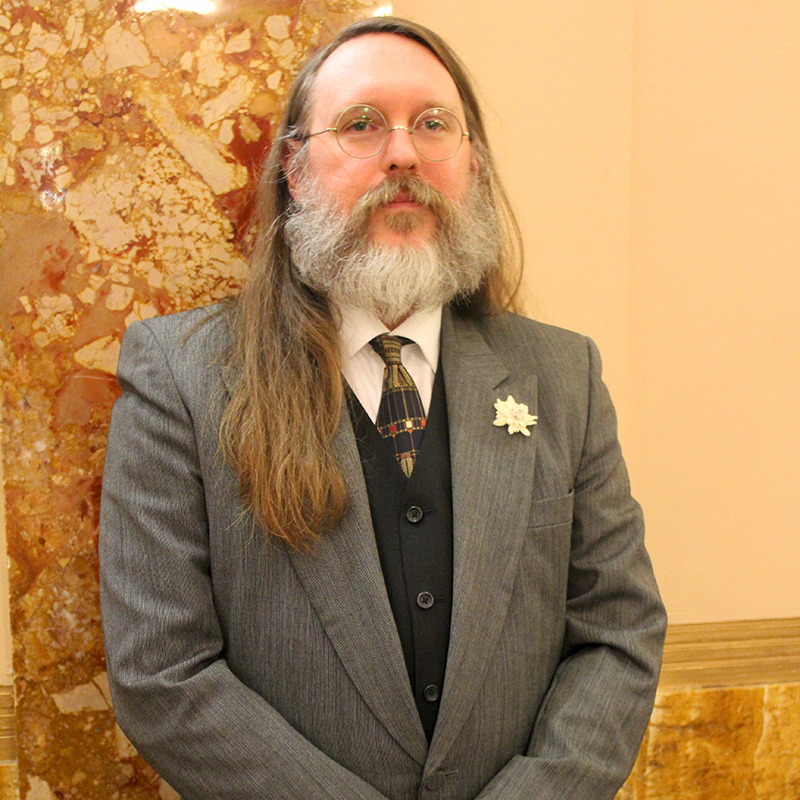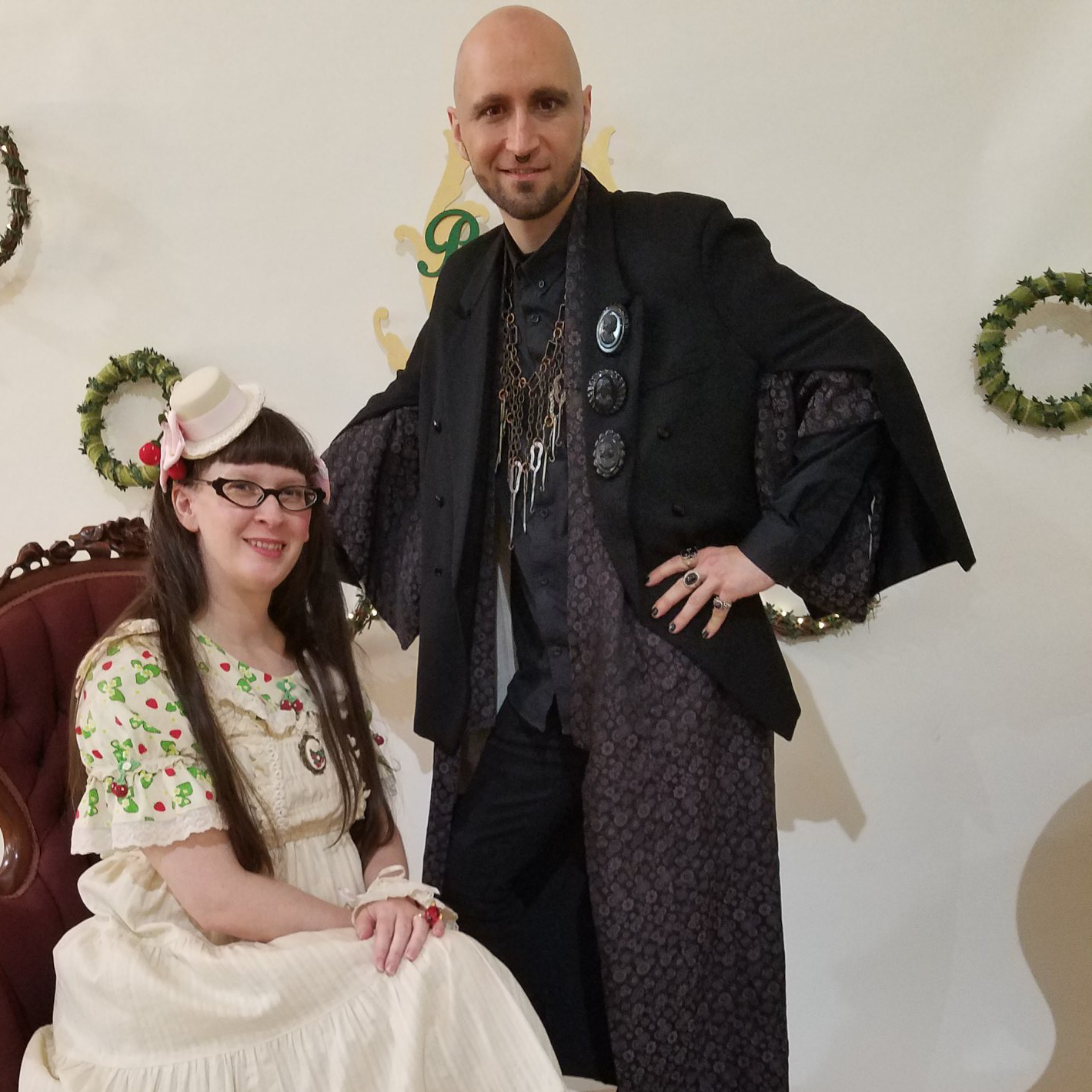Paradiso's Dress Code:
How formal is formal?
If you can't wear J-Fashion, then formal attire is mandatory
J-fashion is encouraged at Paradiso, but a minimum of formal attire is required to meet our Dress Code. Even though J-fashion covers a very wide array styles and clothing, we know some attendees would like to bring along a friend, family member or significant other who may not have a J-fashion ensemble prepared.
Acceptable Formal Attire:
Provided the attire is formal wear, it need not necessarily be "western" formal wear. Sari, hanbok, yukata, haori, etc. can meet our dress code.
Examples of Formal Wear (for Men):

A Dandy Gentleman

An Unconventional Haori
J-fashion has a huge array of styles-- express yourself!
Paradiso is not just about Lolita Fashion. There are so many aesthetics in J-fashion, and we want to encourage creativity!
If you have any questions about what does or doesn't fit into our dress code, don't hesitate to contact us through our social media or at contact@paradisofor.us
Updates to our Dress Code and Props Policy
We've made some tweaks to our dress code since this post has been published on our site.
Print replicas (an unlicensed/illegal copy of a printed design), or clothing with text or imagery that is racist, homophobic, transphobic, or otherwise discriminatory in nature will not be allowed.
Banned Items & Props Policy
Paradiso staff reserve the right to prohibit any dangerous, threatening, or overly cumbersome or bothersome items. Certain types of items and props are not allowed in our event venues:
- Helium Balloons
- Scepters or props with pointed or sharp parts
- Realistic prop firearms
- Loose glitter or confetti
- Speakers or any device that plays music without headphones